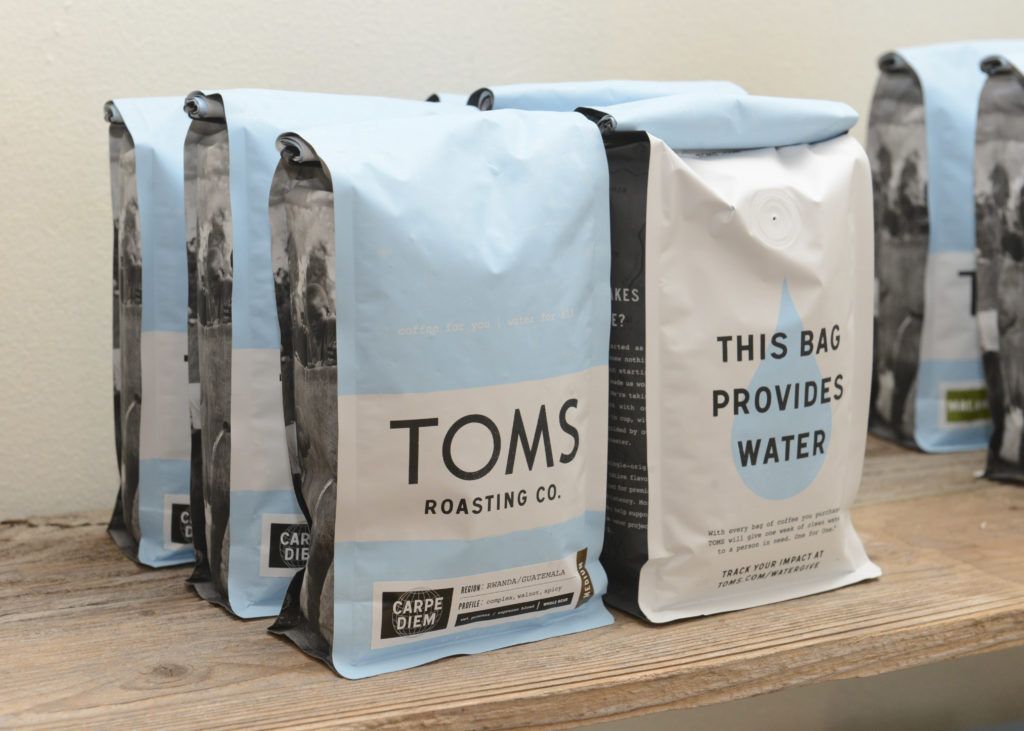Co-founder and Co-CEO of Warby Parker, Neil Blumenthal. - Brad Barket / Stringer / Getty Images
Nike is nationless, or at least its intellectual property is. Apple sent its lawyers out to shop for offshore tax jurisdictions. Commodity multinational Glencore has 107 offshore companies. These are the latest revelations concerning the tax avoidance habits of some of the world’s most profitable firms, courtesy of the leaked ‘Paradise Papers’.
Few of us are surprised. Big businesses have repeatedly shown themselves anti-social, even criminal, in their thirst for profit. Tax avoidance, mis-selling, misbranding, negligent data protection, emissions cheating, dishonest accounting. It’s not hard to paint a picture of fat cats living the high life, governed by a different set of rules to the rest of us.
No wonder just 45% of Britons and 58% of Americans trust business.1
Defenders of big business might point out that these same corporations have also improved our lives – they create jobs, cheap consumer goods, live-saving drugs. They might argue that capitalism has pulled millions out of poverty. That’s true. But it’s a meagre defence of a singular, devil-may-care focus on profit-maximisation driven by the mantra that ‘shareholder value’ is king: shareholders are the owners, they’re the ones taking financial risks, so priority must be given to delivering them a return.

In reality, shareholders are just one set of contributors to a successful business. Businesses – whatever their tax arrangements might suggest – are based in communities, employ local people, rely on government investment and local resources. As Cornell School of Law Professor Lynn Stout argues:2
“shareholder value thinking can lead managers to focus myopically on short-term earnings reports at the expense of long-term performance; discourage investment and innovation; harm employees, customers, and communities; and lure companies into reckless and socially irresponsible behaviors.”
Think of the many corporate scandals that have made headline news in the past few years, driven by the desire to make as much money as possible, to hell with the consequences. The UK’s Sports Direct was revealed to have exploited workers – failing to pay the minimum wage, operating a punitive ‘strikes’ system to discourage workers from taking toilet breaks or talking to colleagues – causing huge damage to the brand.3 Volkswagen cheated emissions tests and spent over $7 billion dealing with the repercussions – Credit Suisse estimates the real cost to the company could be more than ten times that.4
The price of not being a ‘good’ company is high.
Which really shouldn’t come as a surprise. “Why is it that companies that don’t focus on maximizing shareholder value deliver such impressive returns?” asks former dean of the Rotman School of Management at the University of Toronto Roger Martin, “Because their CEOs are free to concentrate on building the real business, rather than on managing shareholder expectations.”5

 Main Edition
Main Edition US
US FR
FR







Join the discussion
Join like minded readers that support our journalism by becoming a paid subscriber
To join the discussion in the comments, become a paid subscriber.
Join like minded readers that support our journalism, read unlimited articles and enjoy other subscriber-only benefits.
Subscribe[…] An excellent article about “Doing the right thing” from Unherd […]